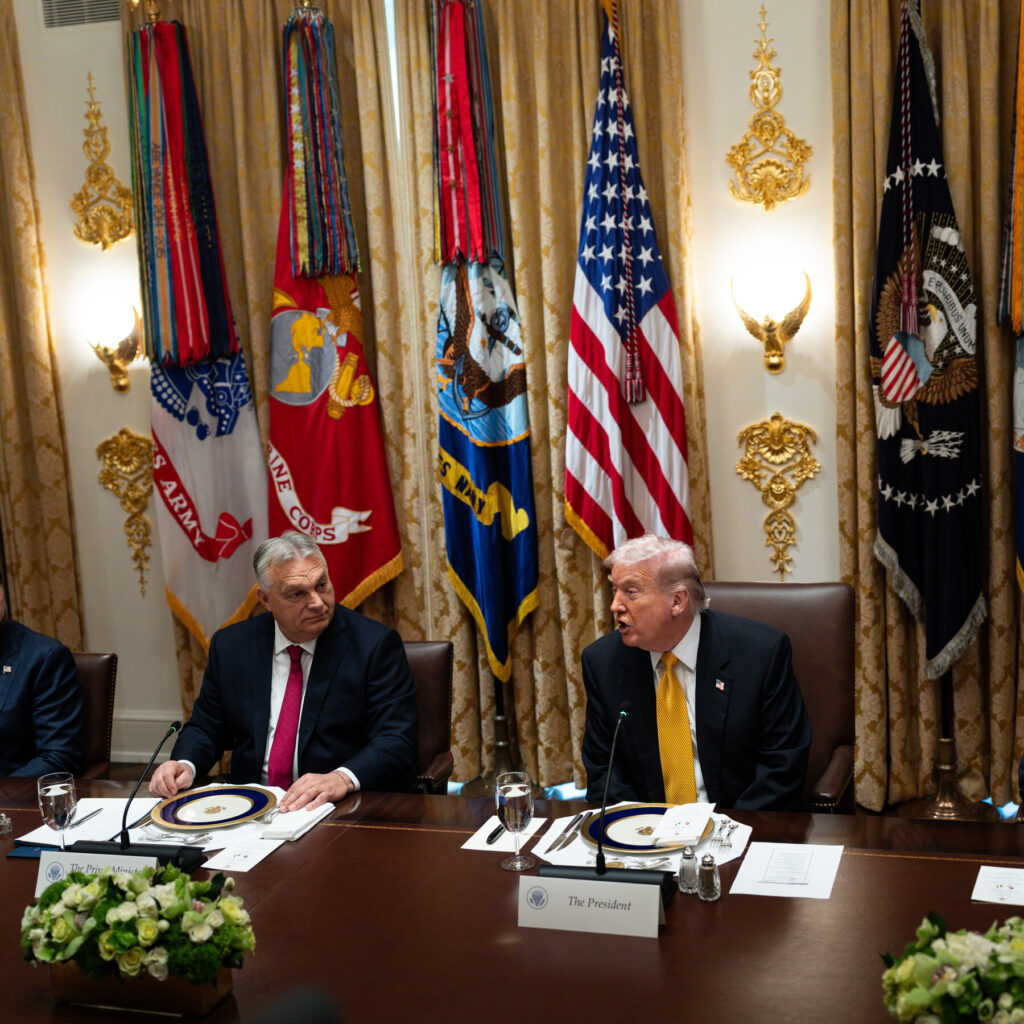Trump Grants Hungary Temporary Relief from U.S. Sanctions After Talks with Orbán

Washington – In a surprising turn of diplomatic negotiations, President Donald Trump announced on Thursday that the United States will grant Hungary a limited exemption from the recently enacted sanctions targeting countries that continue to purchase Russian crude oil. The decision follows a private meeting in Budapest between Trump and Hungarian Prime Minister Viktor Orbán, during which the Hungarian leader pleaded that his nation’s energy security left it with little realistic alternative to Russian supplies.
The sanctions, which were rolled out by the U.S. Treasury Department earlier this month, aim to cripple Moscow’s oil revenue by cutting off any foreign buyer that does not meet strict licensing requirements. While most European allies have pledged to wean themselves off Russian fuel, Hungary has struggled to find a viable substitute for the roughly 40 percent of its oil imports that still come from Russia.
Orbán argued that the country’s limited pipeline infrastructure, its dependence on Russian refineries, and the lack of sufficient domestic reserves made an abrupt cessation of Russian oil purchases economically untenable and potentially destabilizing for the Hungarian economy. He also warned that a sudden break could jeopardize the energy supply to neighboring countries that rely on Hungarian transit routes.
President Trump, who has taken a more flexible stance toward European energy policy than his predecessors, said the United States “recognizes the unique challenges” faced by Budapest. “We want to keep the pressure on Moscow, but we also don’t want to push an ally into a crisis,” Trump remarked in a brief statement. “So we’re giving Hungary a short‑term reprieve while they work on a realistic plan to diversify their energy sources.”
The exemption is not a permanent waiver. The White House indicated that Hungary will be required to submit a detailed roadmap outlining how it intends to reduce its reliance on Russian oil within the next 12 months. Failure to meet the milestones could result in the full reinstatement of sanctions, which would include restrictions on U.S. financial transactions and the potential freezing of assets linked to Hungarian entities.
European Union officials have expressed mixed reactions. Some EU diplomats welcomed the move as a pragmatic solution that acknowledges the continent’s varied energy landscapes, while others warned that it could set a precedent for other member states to seek similar concessions, thereby weakening the collective bargaining power of the bloc against Russia.
Energy analysts note that Hungary has already begun negotiations with oil producers in the Middle East and the United States to secure alternative supplies, but the transition is expected to be costly and logistically complex. “Hungary’s oil market is heavily entrenched in Russian contracts that cannot be terminated overnight,” said Maria Kovács, a senior fellow at the Budapest Institute for Energy Studies. “The U.S. reprieve buys them time, but the real work will be in reshaping their supply chain.”
The decision comes amid ongoing geopolitical tension over Russia’s invasion of Ukraine, which has prompted a wave of Western sanctions aimed at cutting off revenue streams to the Kremlin. By offering a temporary loophole to a key NATO ally, the Trump administration appears to be balancing its broader strategy of isolating Russia with the practicalities of maintaining cohesion among its European partners.
As the deadline approaches, all eyes will be on Budapest to see whether the promised diversification plan materializes, and whether other nations will follow suit in seeking similar accommodations from Washington.




